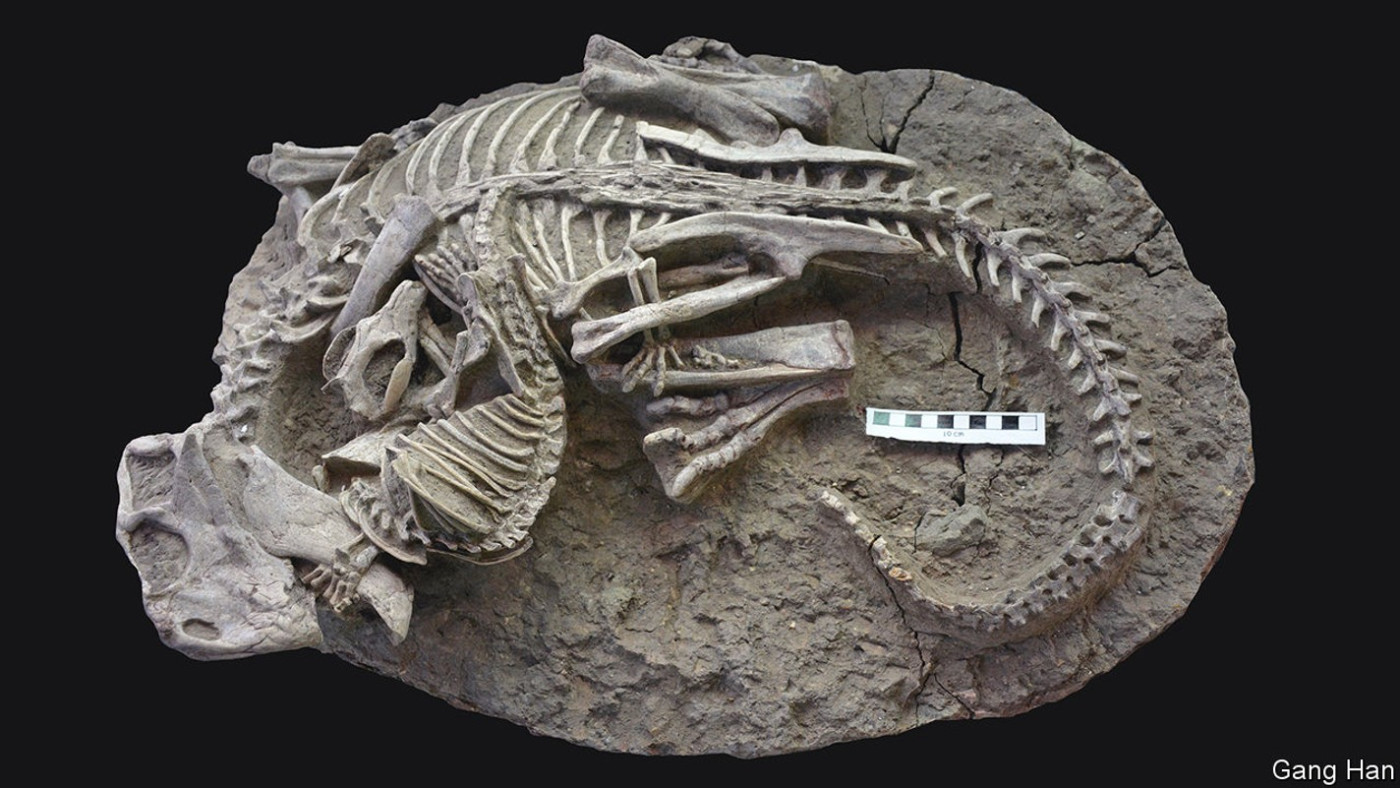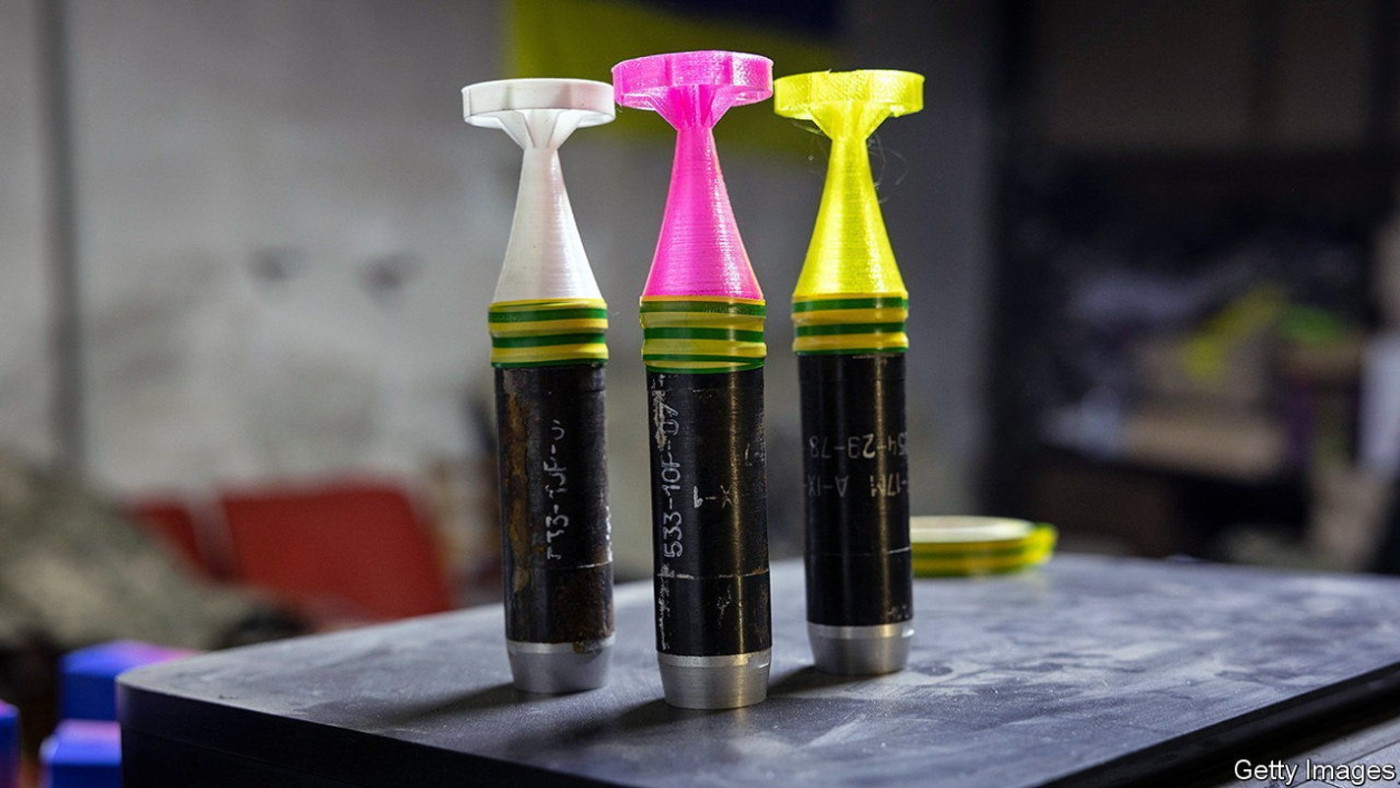A new treatment for Alzheimer’s offers hope—but raises questions, too
FOR DECADES the search for a drug to treat Alzheimer’s disease had seemed a costly wild-goose chase. Then, in 2021, a drug called aducanumab received regulatory approval in America. A second, lecanemab, got the nod in January this year. Now a paper published on July 17th in the Journal of the American Medical Association suggests that a third may not be far behind.
In a trial involving 1,736 people showing early symptoms of Alzheimer’s, donanemab, developed by Eli Lilly, an American firm, was shown to have “significantly slowed” the progression of the disease—by 35% after 76 weeks by one measure. The result, which headlined the annual Alzheimer’s Association International Conference, held this year in Amsterdam, was hailed as a “breakthrough” and “turning-point”. That is overblown. But it does mark steady—and welcome—progress.
The triumphant headlines are understandable. Alzheimer’s is the most common cause of dementia, the seventh leading cause of death worldwide, and a cause of heartache to tens of millions of people living with the disease or caring for people who are. It was long regarded as not just incurable, but untreatable. It is degenerative, progressing from “mild cognitive impairment” to severe memory loss and ultimately utter helplessness. The risks of developing it rise with age. The World Health Organisation forecasts more than 150m people around the world will be living with dementia by 2050.
Like its two predecessors, donanemab is an antibody whose target is a protein, beta-amyloid, that forms clumps, or plaques, in the brains of people with Alzheimer’s. Along with the tangles of another protein, known as tau, these are the defining pathological characteristics of the disease. Aducanumab was developed by Biogen, another American firm, and is still undergoing clinical trials. Its huge cost (initially $56,000 a year) was not covered by insurers, and it has been rejected by many countries’ regulators. Lecanemab (which is marketed as Leqembi by Biogen and Eisei, a Japanese company) costs around $26,500 a year and had results almost as positive as those for donanemab. It will be covered by Medicare, America’s government-backed health-insurance scheme for the elderly. But it is likely to remain unaffordable in many other places.
All three new drugs come with big drawbacks besides their cost. Dangerous side-effects are one. All three treatments can induce brain swelling and bleeding. Three patients in the Eli Lilly trial died, with two of the deaths blamed on the drug. And the drugs work only for those in the early stages of Alzheimer’s. But diagnosing the disease in time—before people start displaying overt symptoms—is difficult. Beta-amyloid starts forming plaques in the brain years or even decades before symptoms start. A blood test can measure levels of the protein, but it is pricey and hard to get hold of. For now, diagnosis is mostly by positron emission tomography—a PET scan, which needs an expensive piece of hospital kit—or by examining cerebrospinal fluid extracted by a fiddly technique called a lumbar puncture.
Nevertheless, the optimism around donanemab is not baseless. It does not cure or reverse Alzheimer’s. But even a modest slowing of its progress would be a great boon for the millions of people living with it, and for the millions more who will have to care for them—not to mention for governments and health systems, which will struggle to cope with the cost of looking after an ageing population.
The trial’s success is another piece of evidence in favour of the “amyloid hypothesis”—the idea that the plaques are not just a symptom of Alzheimer’s, but a cause. That should help guide other research into the disease. And with three drugs now competing with each other, prices should come down, and availability improve outside the rich world. Something to celebrate, then: if not a turning-point, then at least a milestone. ■
Disclaimer: The copyright of this article belongs to the original author. Reposting this article is solely for the purpose of information dissemination and does not constitute any investment advice. If there is any infringement, please contact us immediately. We will make corrections or deletions as necessary. Thank you.





